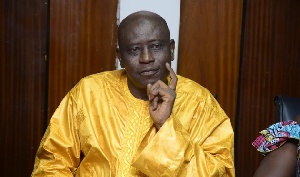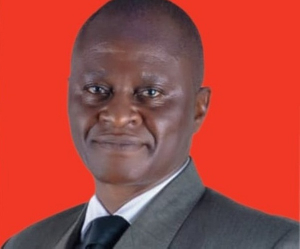The Metro Mass Transit Limited (MMT) would increase its fleet of buses to 1,000 by the end of the year to enable it reach the remotest towns and villages across the country.
Currently, it has 830 buses plying 360 routes in all parts of the country.
Speaking to the Ghana News Agency at the on-going Ghana Policy Fair in Accra, Mr Eric Boadi-Misa, Head of Communications, MMT, said management’s intention was to expand to serve the marginalised parts of the country, which were currently not being served or were underserved.
“When we increase the fleet of buses, it will enable us perform our social mandate better,” he said, adding that the social role the company played absolved it from any competition with the various transport unions.
“Our role is a people-centred service provision and that is significantly different from the operations of the other transport unions,” Mr Boadi-Misa said.
The company, last year, carried more than 36 million passengers to various destinations in the country.
Government in February this year, provided the company with 50 new TATA buses while the company is working to acquire additional 150 more buses from its internally generated funds to enhance operations.
Mr Boadi-Misa, said the company was scaling up construction of depots and improvements of existing ones as well as waiting lounges for passengers.
In addition, there are programmes to enhance customer service delivery, re-training of drivers and thorough checking of vehicles to ensure safety of passengers.
He said the company had installed speed limit devices on all long distance buses and passengers could hear clearly the warnings when the driver goes beyond the 80-kilometre per hour limit.
The company will also introduce a tracking system to check the location and speed of vehicles to ensure reliability and safety of passengers.
On women drivers, Mr Boadi-Misa said, management would by close of this year bring their number to 100.
He said since 2010, 50 women drivers had undergone training in La Cote d’Ivoire to acquire international experience while additional 25 would undertake similar training later this year.
Mr Boadi-Misa said the objective of introducing women drivers had been achieved since most of the passengers felt comfortable travelling on their buses.
“The company's future looks bright, “ he said, adding that with the expansion programmes in place, there was more room for improvement.
Ms Esther De-Rex Tanor, a woman driver, said most passengers preferred joining her bus because she was always careful on the road.
The company currently provides direct and indirect employment for 4,300 people.**
Business News of Wednesday, 18 April 2012
Source: GNA
















